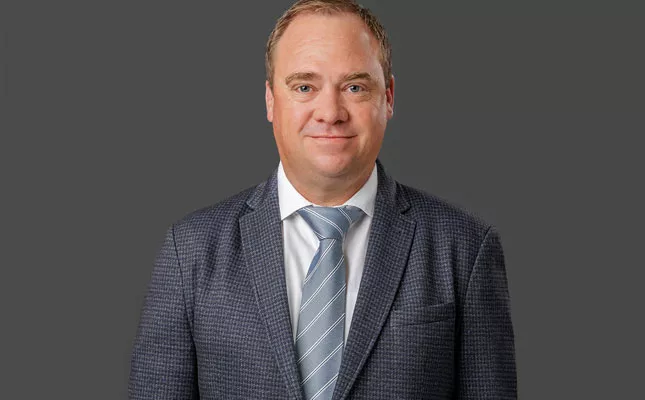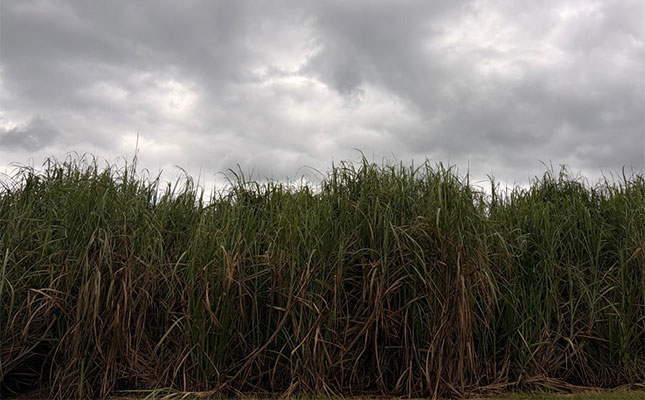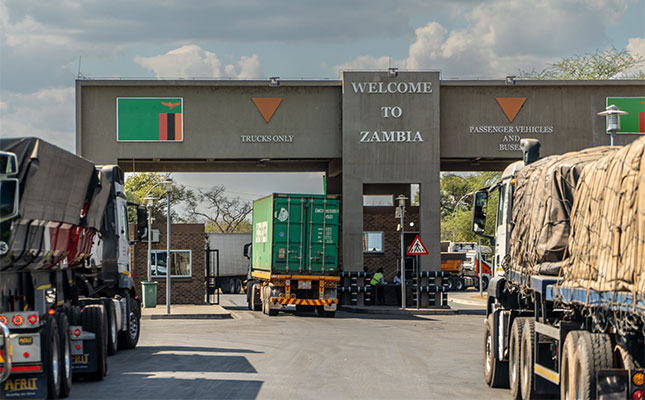
With a new president at the helm, the organisation reaffirmed its commitment to supporting farmers through policy advocacy and partnerships that strengthen the entire rural economy.
Willem De Chavonnes Vrugt elected Agri SA president
Willem de Chavonnes Vrugt was elected as president of Agri SA, succeeding Jaco Minnaar. During the congress, De Chavonnes Vrugt outlined the organisation’s strategic focus areas for the year ahead.
READ Agriculture sector steps up as state falters
This included on-farm margins, climate change, rural safety, labour policies, water management, rural roads and land reform.
He noted that agriculture operated far beyond commodity prices, and did not have the luxury to pass costs onto consumers. Agri SA therefore continued to call for fairer tariff structures and the expansion of markets.
Climate adaptation and rural safety in focus
With climate change a key focus at the congress, speakers noted the urgency for adaptation strategies and financing.
Janse Rabie, head of Agri SA’s Natural Resources Centre of Excellence, noted that accountability must be met with support. “Our message to government is clear: we don’t just need targets, we need tools.”
De Chavonnes Vrugt confirmed Agri SA’s support for South Africa’s commitment to the Paris Agreement, but warned that agriculture could not shoulder the burden of unrealistic decarbonisation expectations.
“We are advocating for a pragmatic, well-financed transition that protects food security and rural livelihoods, and recognises farmers as partners in the journey to net zero.”
Calls for fair, practical farm policies
Rural crime continues to devastate farming and rural communities. De Chavonnes Vrugt said that rural safety was about more than crime prevention, but rather about human dignity and stability.
He noted that Agri SA supported the review and implementation of the National Rural Safety Strategy.
The sector sustains nearly a million rural jobs, but labour pressures continue to grow. Rising minimum wages and skills shortages threaten farm stability.
Agri SA would therefore continue to push for balanced policies that protect workers while supporting enterprises, including better vocational training and clear migration frameworks.
READ ‘All farmers must prioritise water-use compliance’ – DWS
Water scarcity and failing infrastructure also limit agricultural growth. De Chavonnes Vrugt reiterated support for transparent water governance and urged that the shift to compulsory licensing be handled carefully.
“The new water pricing strategy must reflect agricultural realities and protect food security while promoting sustainability.”
Infrastructure remains a growing concern, with 60% of South Africa’s roads in poor or very poor condition.
“These roads are the lifeline of rural communities. Together with Agbiz we are working with the Department of Transport, SANRAL and the Department of Public Works to secure investment in rural road networks,” said De Chavonnes Vrugt.
On land reform, Agri SA continued to support market-driven solutions, private property rights and regional flexibility.
De Chavonnes Vrugt emphasised that Agri SA was against expropriation without compensation. He reiterated industry-wide calls for the release of 2,5 million hectares of state held land to boost productivity and investment.
De Chavonnes Vrugt concluded that the sector’s resilience lied in inclusive, organic growth.
“When agriculture grows, South Africa grows. Our shared goal is to empower every farmer to innovate, reinvest and build a sustainable future,” he said.
Get trusted farming news from Farmers Weekly in Google Top Stories.
➕ Add Farmers Weekly to Google ✔ Takes 10 seconds · ✔ Remove anytime





